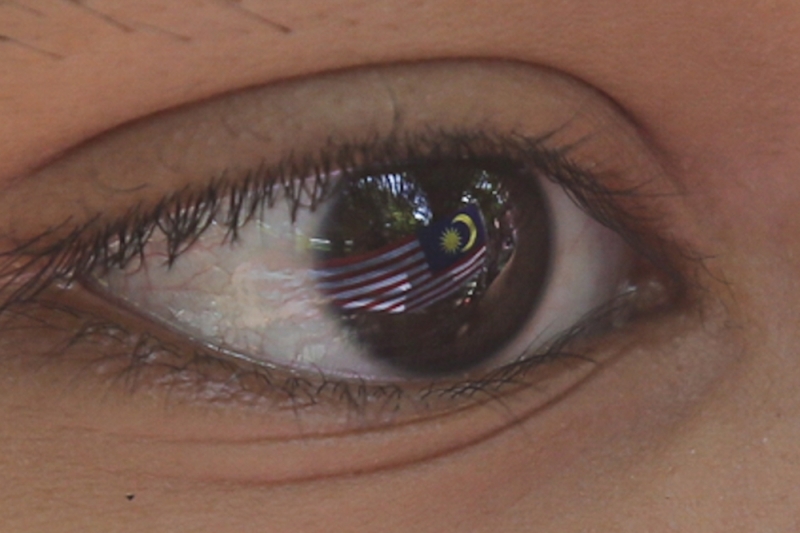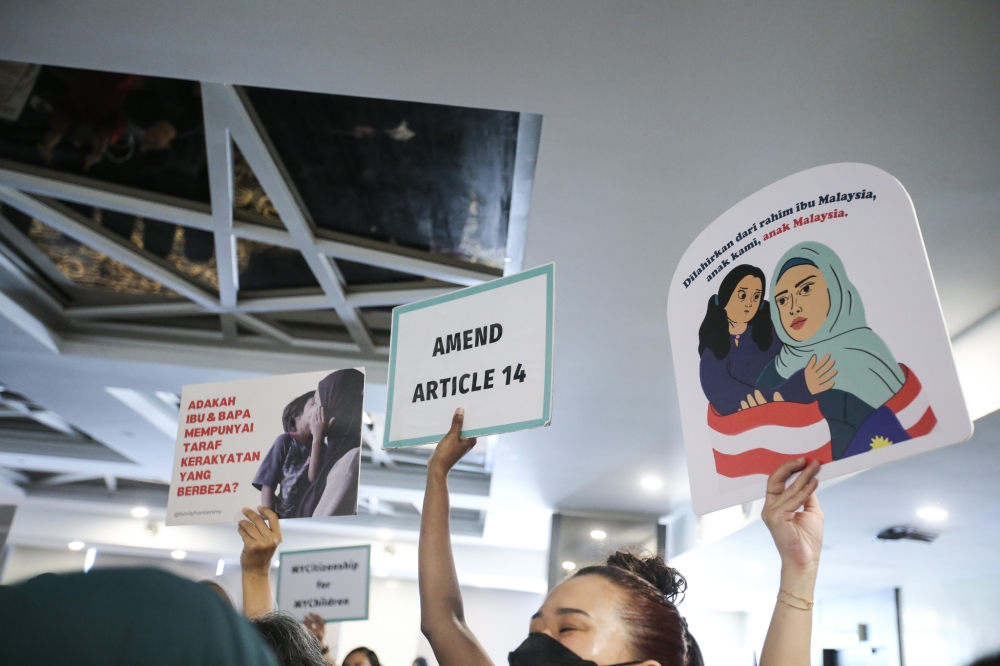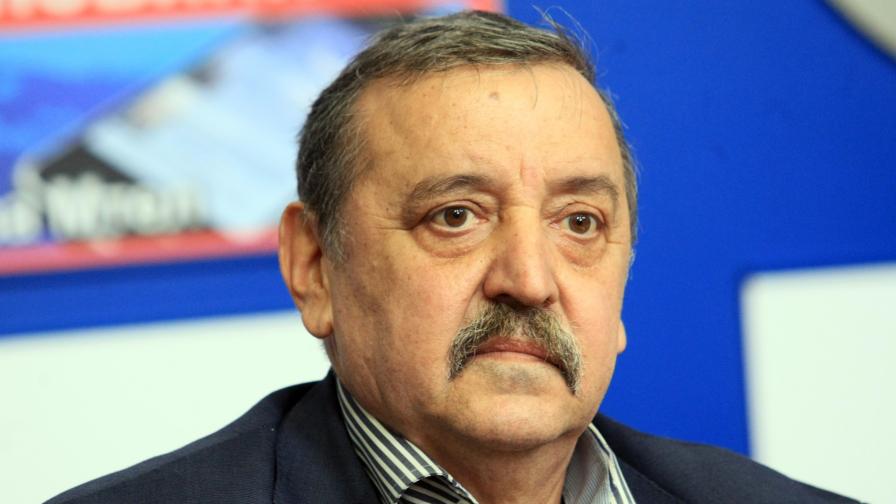
A group of 10 civil society organisations and nine individuals consisting of activists, academics and lawyers said they are concerned that the amendments would be denying citizenship rights to children born to a stateless parent. — Picture by Farhan Najib
Follow us on Instagramsubscribe to our Telegram channel and browser alerts for the latest news you need to know.
By Julia Chan
Saturday, 24 Jun 2023 3:27 PM MYT
KUALA LUMPUR, June 24 — Civil society groups have today raised concern over proposed amendments to the Federal Constitution which it said would only exacerbate the issue of statelessness in the country and be detrimental to children.
A group of 10 civil society organisations and nine individuals consisting of activists, academics and lawyers said they are concerned that the amendments would be denying citizenship rights to children born to a stateless parent.
“The engagement was a good opportunity for us to learn more about the proposed amendments. However, we are deeply concerned with several aspects of the discussion, namely the lack of transparency in the process of drafting the amendments, and the substantive content of the amendments themselves.
“We note that the proposed amendments do not have paramount consideration of the child’s best interests. Instead, the amendments have the effect to restrict or abrogate the fundamental liberties and rights of these children forcing statelessness to spiral down for generations,” they said in a statement.
The statement came after a meeting with the Home Ministry on Friday to discuss their views on amendments to Part III of the Federal Constitution, which is to be finalised before being presented to the Conference of Rulers on 12 July.
Several days priorthe groups had criticised Putrajaya for the lack of clarity and transparency to amend Part III of the Federal Constitution and its related schedules.
The groups said that they welcomed amendments that would enable Malaysian mothers to confer citizenship to their children born overseas and also lauded the government for prioritising approval of citizenship for children in the context of adoption.
However, they noted that there was no safeguard for the same group of children leaving adopted children at risk of statelessness if internal policies or the minister changes based on the government of the day.
“In today’s reality, children’s residence and citizenship may be impacted by their parents’ death, separation or divorce, and when laws are created or amended without full and proper knowledge and understanding of their application and impact, it will result in the children falling through the gaps and ending up stateless of the law.
“The proposal to remove the existing constitutional protection for some categories of stateless children, leaving them without any protection at all, does not make sense and is contrary to the minister’s and the government’s stated aim to reduce childhood statelessness, at the very least.
“In reality, it is heartless and does not exhibit any care or compassion for these helpless children. Already we are seeing many of these children leave children’s homes at the age of 17 without anything, not even the protection of citizenship,” they said.
In February, the Cabinet agreed to amend the Federal Constitution to enable automatic Malaysian citizenship to children born overseas to Malaysian mothers.― Picture by Ahmad Zamzahuri
The statement was co-signed by groups such as Family Frontiers, Association of Women Lawyers, Stateless Malaysians Citizenship Movement, Voice of Children, Yayasan Chow Kit and activists such as Prof Datuk Noor Aziah Mohd Awal, lawyers Ainie Haziqah and Goh Siu Lin, and children activists Siti Rahayu Baharin and Syed Azmi Alhabshi.
In February, the Cabinet agreed to amend the Federal Constitution to enable automatic Malaysian citizenship to children born overseas to Malaysian mothers.
The government has agreed to amend the constitution to solve cases of children being denied citizenship because they were born abroad to their Malaysian mothers, there have been worries that other categories of stateless people — children born out of wedlock, those adopted by Malaysians as well as abandoned children and those from generational undocumented families — could now be denied citizenship under plans being discussed to restrict current laws.
Note: This article have been indexed to our site. We do not claim legitimacy, ownership or copyright of any of the content above. To see the article at original source Click Here














